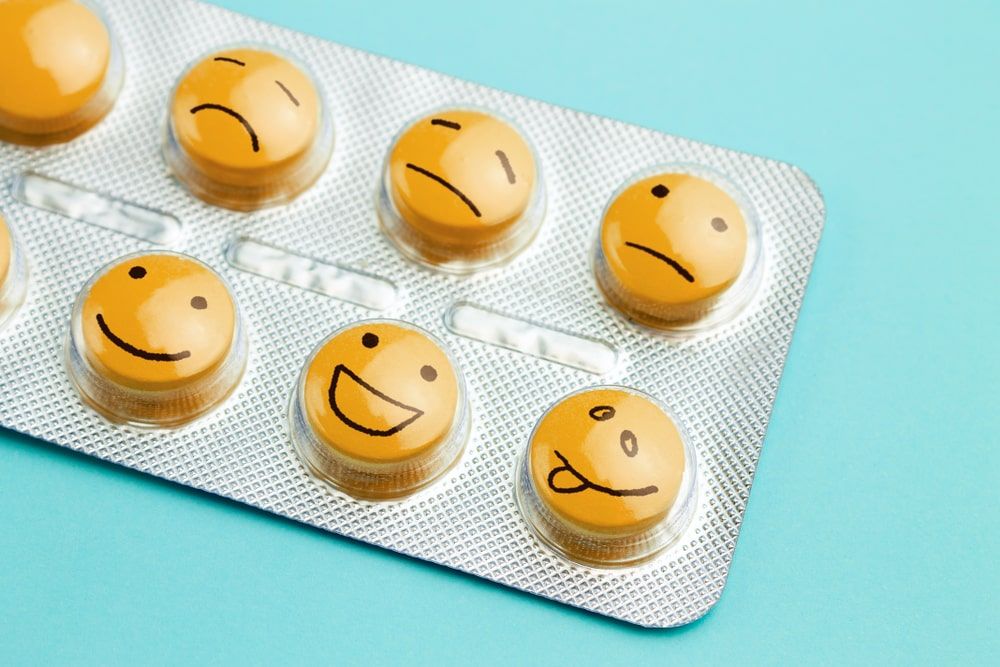Medications play a vital role in treating various medical conditions, improving our quality of life, and helping us manage chronic illnesses. However, many people are unaware that the drugs they take can have a significant impact on their oral health. In this blog, we will delve into how medications can affect oral health and provide tips on mitigating potential side effects.
Dry Mouth (Xerostomia):
One of the most common oral health issues associated with medications is dry mouth. Numerous drugs, including antihistamines, decongestants, diuretics, and some antidepressants, can reduce saliva production. Saliva plays a critical role in protecting your teeth by neutralizing acids and washing away harmful bacteria. When your mouth lacks sufficient saliva, it can lead to tooth decay, gum disease, and bad breath.
Tip: Stay hydrated by drinking plenty of water throughout the day. Chewing sugar-free gum or sucking on sugar-free lozenges can also stimulate saliva production. Consult your dentist for saliva substitutes or prescription medications if dry mouth persists.
Gum Enlargement (Gingival Hyperplasia):
Certain medications, such as calcium channel blockers, immunosuppressants, and antiseizure drugs, may cause gum enlargement. This condition can make it challenging to maintain good oral hygiene and increase the risk of gum disease.
Tip: Regular dental check-ups are essential for individuals taking these medications. Your dentist can recommend specialized oral hygiene practices or, in some cases, consider alternative medications with fewer oral side effects.
Increased Risk of Bleeding:
Blood thinners, like warfarin or aspirin, are prescribed to reduce the risk of clot formation, but they can increase the likelihood of bleeding gums during brushing or flossing. If you experience excessive bleeding, it’s crucial to address it promptly.
Tip: Inform your dentist about your medications and ensure they are aware of your medical history. They can tailor your dental care to minimize the risk of bleeding. It’s also important to maintain gentle and consistent oral hygiene practices.
Mouth Sores and Fungal Infections:
Some medications, such as antibiotics, immunosuppressants, and chemotherapy drugs, can weaken your immune system and make you more susceptible to mouth sores, fungal infections (like oral thrush), and other oral health issues.
Tip: Maintain meticulous oral hygiene, including gentle brushing and flossing. If you develop mouth sores or suspect an infection, contact your dentist or healthcare provider promptly for appropriate treatment.
Changes in Taste:
Certain medications can alter your sense of taste, leading to unpleasant or metallic tastes in your mouth. This can affect your appetite and overall enjoyment of food.
Tip: If you experience taste changes, focus on maintaining a well-balanced diet and staying hydrated. Discuss these side effects with your healthcare provider to explore potential solutions or alternative medications.
Conclusion:
Understanding the potential impact of medications on your oral health is essential for maintaining a healthy smile. To minimize the risks associated with medication-related oral health issues, communication between your healthcare provider and dentist is key. Regular dental check-ups, good oral hygiene practices, and staying informed about the side effects of your medications can help you preserve your oral health while managing your medical conditions. Remember, proactive care is the best approach to ensure both your overall health and the health of your smile.

